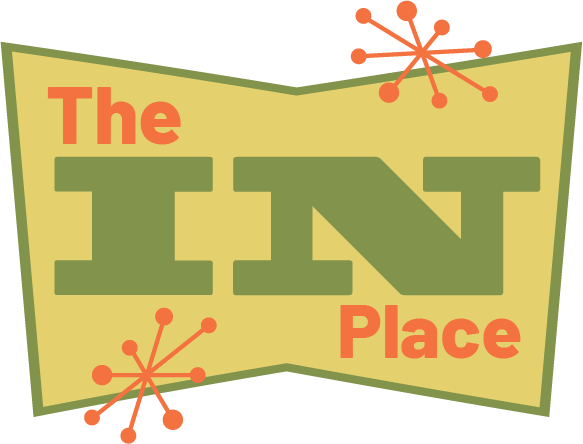ADHD coaching is a relatively new profession that has blossomed in the past 30 or so years as a response to the needs of those of us with ADHD. ADHD coaches typically have formal training, recognized certifications, and most agree to abide by certain professional and ethical standards. Generally speaking, ADHD coaching is about partnering with clients to help them identify and achieve their goals in life. However, ADHD coaches can differ significantly in how they go about doing that, so, I find it more instructive to explain what I do as an ADHD coach.
People come to me when they want different outcomes in their lives. They may want to change things professionally, personally, academically, romantically, or holistically. Usually their struggles are directly related to their ADHD. But they may struggle with any one of many areas of Executive Function, depression, or anxiety as well. I think of myself as part educator, part cheerleader, part truth teller, and always a partner in helping my clients identify the behaviors that lead to the outcomes that they don’t want in their lives. Then I work with my clients to create realistic and actionable plans to change their behaviors. By changing their behaviors, I help them to change their outcomes. I then stay with my clients as long as they need, supporting them as they develop accountability to themselves and make their new behaviors habits, routines, and ways of life. In this way they fully achieve their goals in a lasting and sustainable way.
What is an Executive Function Coach?
Executive Functions are what I think of as the nuts and bolts of how we interact with the world. Most definitions include time management, organization, prioritization, self-regulation, self-monitoring, planning, and working memory. As ADHDers, we don’t develop these skills with the same ease as our neurotypical counterparts. Often we may not develop them at all. There isn’t anything more frustrating in life than “failing” at what is perceived to be the “easy part.” Which is what it looks like when we are competent or even brilliant in our area of study/expertise but still can’t manage the E.F. aspects of school, work, or life in general. But there is good news.
There is some debate at to whether Executive Dysfunction is a core symptom of ADHD or a separate disorder. We know that Executive Dysfunction doesn’t have to be ADHD-related. So this is an area in which I can help almost anyone. As an Executive Function coach, I wear my teaching hat more than any other. As long as there isn’t an underlying attention issue that hasn’t been addressed, I believe that Executive Functions are really just skill sets that can be taught and learned. When I say skill sets, I mean techniques, compensations, and strategies to minimize our deficits. But structures have to be designed to work in ways that complement how our non-neurotypical brains are wired. That is where my expertise can be invaluable. I have over 30 years of experience developing structures to manage life with our atypical wiring. Our systems may look different, but we can be just as successful as anyone else. I can’t teach you to be smart, but I can teach you to be organized, on time, and efficient.
Is ADHD Coaching or Executive Function (EF) Coaching Right For You?
If you check several of the following boxes you could probably benefit from an ADHD or EF coach.
- Have you been diagnosed with ADHD but never really dealt with it?
- Have you taken all the self-tests and are pretty sure you have ADHD and don’t know what to do next?
- Do you struggle with getting started, following through, being consistent and doing what you set out to do and can’t figure out why?
- Do you keep making the same “mistakes” in life and even though you know what you “should” be doing you can’t seem to get yourself to do it?
- Do you feel like you have to work twice as hard as colleagues, neighbors, or friends who aren’t any smarter than you are just to get by?
- Is your house or office a disaster that you can’t ever seem to get or keep organized?
- Do you struggle with daily and weekly routine tasks like dishes, meal planning, cooking, mail, bill paying, and laundry?
- Are you chronically late?
- Do you experience boredom as almost physically painful?
- Do you struggle to control how you spend your time, opting for the more interesting thing instead of the thing that really needs to be done?
- Do you constantly have the feeling that you are missing something or forgetting something?
- Do you regularly misplace things like your wallet, keys, shoes, glasses, or phone?
- Does it take you a lot longer to do things than you think it will?
- Do you have a hard time keeping to a regular schedule?
- Do you take medication for ADHD but feel like it isn’t the whole solution? Is there still something missing?
